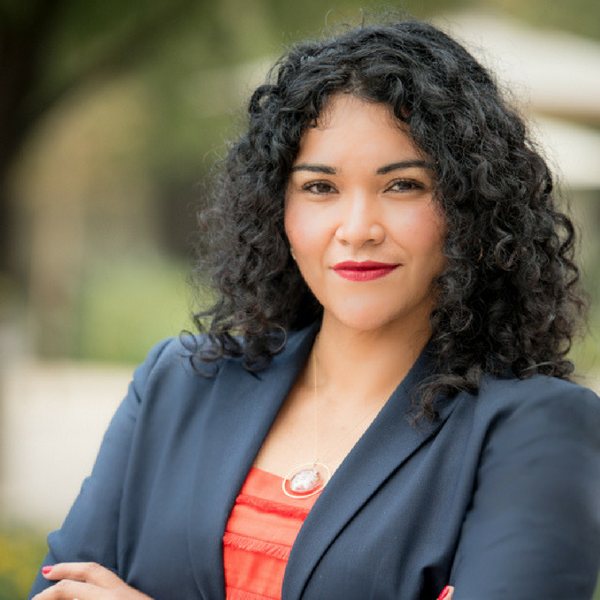The longstanding saying tells us to stop and smell the roses. But I believe we also need to take the time to stop and glimpse behind us, because very often looking back helps us move forward.
In more technical terms, we call this reflective learning, which helps us reflect on our work and take action on what to improve. We aim to put this approach into place through involving staff in “reflective learning sessions” within First 5 LA, so we can best achieve our mission to help young children. These learning sessions can be applied within organizations large and small, and to benefit wholesale business processes, programmatic work, decision making, and even planning and executing a specific event.
The idea of a reflection learning session is to help your organization move from an individual perspective to a shared understanding – or a collective look back – of how you can improve as you move forward.
Looking Back Can Lead to Applied Learning
Reflective learning is not simply discussing what doesn’t work, or what went wrong.
There is a huge difference between “lessons told” and “lessons learned,” and using what we call reflective learning sessions enables those within your organization to reflect on their work and take action on areas they find need change.
At First 5 LA, we gather our teams to look back at how, for example, a specific event worked. They discuss it and then identify themes that simply resonate, or that arise multiple times in the discussions, and make an action plan to move forward. We then share that information within the organization via our internal blog, and session participants follow up on their action plan.
Any organization can benefit from this approach. When team members learn how to design and facilitate a reflective learning session, and to adapt work based on the results, everybody moves forward.
The How-Tos of Reflective Learning Sessions
Reflecting learning sessions have three critical components: Planning, facilitation and synthesizing themes. This method can only succeed if the team members are ready and willing to share and collaborate within their group, but also with the collective organization. It also is integral that the team documents the thinking, and develops concrete steps staff can take to change their practices.

In planning, you’ll gather background, investigate the areas that need attention and what you hope to learn, and pick a group of people to participate in the session. Facilitation is the time you are actually organizing and leading the reflective learning session. It is important now to summon everything you learned to facilitate a productive discussion, and also to ensure that you are not monopolizing the conversation but rather simply guiding it.
Synthesizing themes is the final, but important, part of reflective learning sessions. Here you are taking the data collected and searching for common threads that your team can identify and document as themes. We always suggest that teams narrow the number of themes, or lessons, down to a manageable number of three. Many more often come from these sessions, but we find that if you focus on fewer, you can prioritize these to achieve meaningful change and create momentum for action.
It also is helpful to allow participants to share with the group how they would incorporate what they have learned into their own work. This can lead to robust sharing sessions that create a sense of investment and collaboration among the participants that they can take back to their jobs and colleagues. Next you can help the team develop an action plan, which includes solutions, potential policy changes and areas that still need to be addressed.
Finally, share these conclusions with the proper groups within your operation and follow up to help ensure that reflective learning results in lessons learned, rather than lessons told, to best carry out your mission as an organization.
And after you’ve put all of these meaningful lessons into action to improve your organization, take a moment, of course, to stop and smell the roses.
Daniela Pineda, Ph.D., is Vice President of, Integration & Learning, at First 5 LA, a leading early childhood advocate working collaboratively across L.A. County.

